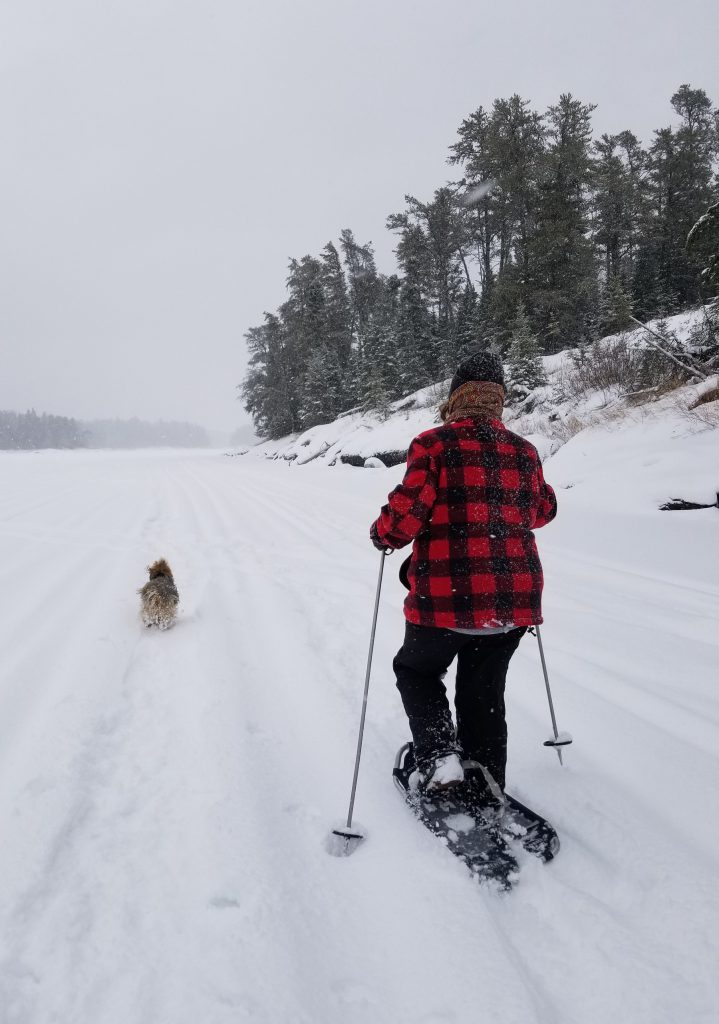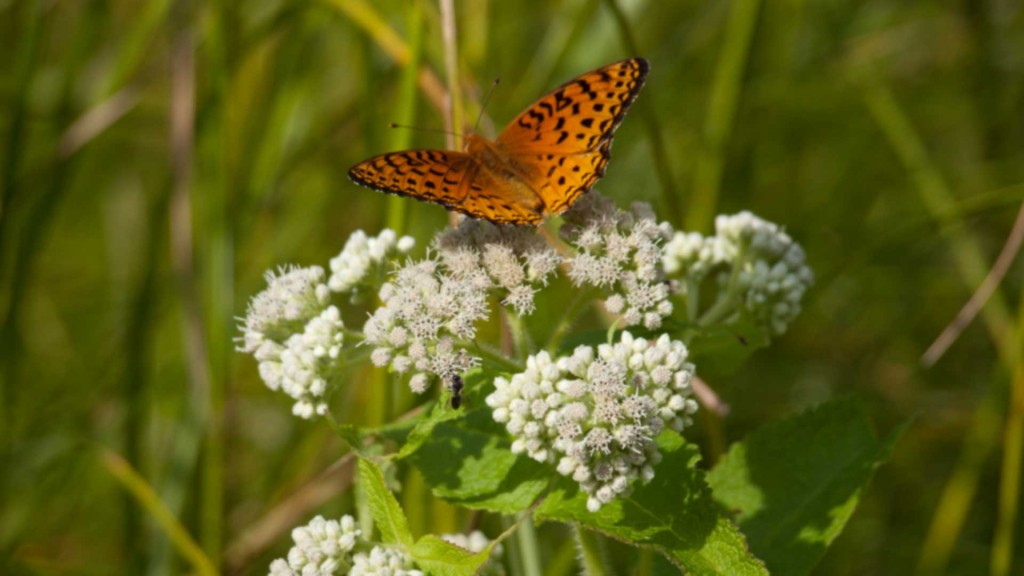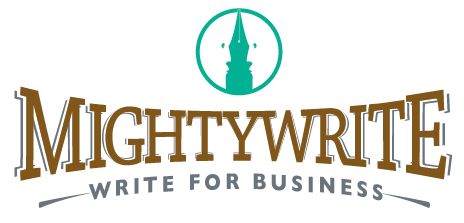Fear has taken on a new role in our daily lives. Just going to buy groceries can increase our blood pressure. I chose to be intentional in the way I responded to our “new reality”, and this provided me with a number of opportunities to muster up some courage.
With fear as a constant companion for many of us, I turned to my friend and colleague Mary Ann Baynton, of Mary Ann Baynton and Associates and another person I admire, Darren Rowse of Problogger. Their approach is to challenge fear by asking questions such as:
- What is the worst thing that could happen to me?
- How likely is that to happen?
- How would I recover if that happened?
- What is the best thing that could happen to me?
Oh my. I asked myself all of these questions many times in 2020 and it’s continuing in the new year – whether it’s masking up to go to the hardware store, taking a walk in the forest, sharing a poem I’ve written, or hosting a Zoom workshop. These may not seem like big fears to you, but that’s the thing about fear. It’s different for each of us.
As Darren noted in his article, sometimes the answer to question #1 might be really serious and of course in present times, the spectre of getting a life-threatening virus has been terrifying. But more often, the worst that can occur isn’t really all that bad.
1. What is the worst thing that could happen?
This question is a powerful way to face fears and calm the “fight, flight or freeze” mode many of us experience. Often, we go into situations where stress has us armed for battle or primed to run from what it all together. But what if we really want to do something and fear is preventing us?
Asking this question helps you become more aware of your emotions about the situation. As I’ve considered this question, one fear at a time, I have come to a realization. I can act on things I might have been afraid of before with a little preparation. For example, getting past some of my fears about attending a sacred fire in support of people experiencing homelessness during the pandemic required taking steps to keep myself safe. Being afraid of Covid was significantly reduced by following safe interaction guidelines. When that was out of the way, I was able to more open in a situation that was new to me and the experience was life-changing.
There are times when the wildlife is more abundant in the forest near my home. Rather than giving up my walks, I play my music out loud rather than wearing headphones and carry a whistle and other protection. Wildlife are hugely unpredictable so I’m not sure any of this will make a difference, but at least taking these steps – and bringing along my dog – reduces some of my fears. The joy of being in the beauty of nature and getting the fresh air and exercise I need is worth facing this fear again, with some preparation.

Poetry has been tickling my pen since early in the pandemic and I’ve again leaned into the discomfort of being an amateur in this genre. I share my work with others for “tender” feedback. How bad can it be? Well it could be truly awful (and I just had an experience where it was), I’m learning and growing – and again, I want to do this. You can read the poem I included at the end of this piece and I welcome your feedback.
When the chance to host some online workshops featuring local artists came up for an arts organization I chair, I again had to push aside my own fears of being centre stage and handling new technology. My solution? Recruit a board member to co-host. Together, we have each other’s backs during the sessions when unpredictable internet and various issues for the presenters and participants may throw us a few curveballs. I’ve learned to laugh as a way to ease the tension for everyone.
In each of these examples, I considered the worst thing that could happen and instead of allowing it to stop me, it informed my approach to manage the risk. And frankly, the very worst thing that could happen in these cases was allowing fear to stop me from these great experiences.
2. How likely is that to happen?
Asking ourselves to weigh the possibility of something going wrong can help us see that often the likelihood, especially when risk is managed, is slim to none. I personally know you can waste a lot of energy predicting and worrying about things that are not likely to happen at all.
Mary Ann has often asked me this question when I’ve called her fretting about something I’m either working on or considering in my personal life. Just having that conversation with someone you trust can help you work through it.
3. How would I recover if that happened?
There is a saying that every time you thought you couldn’t go on, or cope, or manage…you did. Regardless of what you’re feeling in a situation, remember times when you’ve successfully gone through something similar. Because you will get through it.
And a personal piece of advice here – watch the ego. I have learned that if I’m doing something for my ego, rather than from a sense of purpose or generosity, I’m more likely to get hurt. Being mindful of why you’re doing something and considering what your reaction might be to certain outcomes can help you recognize if you are purpose or ego driven.
Having a plan for how you’ll recover from a disappointment or failure can also help reduce the impact of a setback. This builds resilience, which is our ability to manage the ups and downs that life might throw our way.
4. What is the best thing that could happen to me?
As many of us know, real courage cannot happen without fear. If it doesn’t include some level of fear or risk, it would not require courage to do. In every situation I shared, the worst I imagined never happened. And the best that I could hope for, was often exceeded by the reality. The feeling you get every time you face a fear and do it anyway, is a huge confidence booster.
In his post, Darren had a great line shared by a friend: “Even wobbly courage is still courage.”
Bravo to all of us who have stepped through the fears, albeit sometimes wobbly and unsure, to discover our own strengths.
Additional reading
The Plan for Resilience, courtesy of Workplace Strategies for Mental Health, can help you move from merely surviving to actually thriving by helping you build resilience and plan for stressful situations. Developing a plan to get through potentially stressful situations can have a positive impact on both your personal and work life.

Beauty
By Leanne Fournier
When has beauty ever saved us,
pondered Solzhenitsyn.
That it is truth is all we need to know,
offered Keats.
Great minds seem to agree of its worth.
When all is lost, hope fades, fear unfolds
yet beauty prevails, a blossom in the dark
that can rise out of cracks and crevices,
dry and barren with their losses
but for that single budding seed
sprinkled in despair, enduring.
Gentle words on the winds of chaos,
calm the spirit running for cover.
Disasters threaten yet the cast of sun
across the shadows speaks a different truth.
We will survive and that is all we need to know.


2 replies on “A few words about fear”
Excellent , and inspiring
Thanks Lindy! I just had a workshop last night where the feedback on my “ambiguous” and “abstract” poetry was quite painful! But it’s all part of the learning process, which in this case, also requires some courage…and humility.